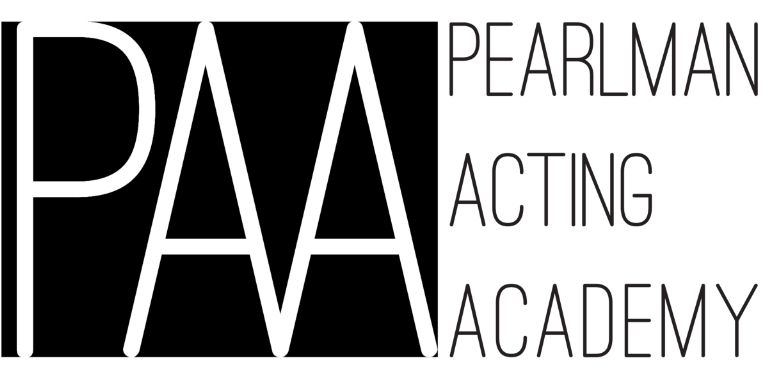A telltale sign of an actor who rarely makes it in this industry is an unhealthy obsession and preoccupation with their reel.
One of the biggest excuses I hear from actors procrastinating their careers, is that they don’t have a reel, or their reel needs updating, editing, etc.
Excuses are a career ender. I have seen far too many actors allow excuses to stop them dead in their tracks. This is the number one reason why many actors end up giving up on their dream.
Not having a demo reel is an incredibly lame excuse to delay your career, because it signifies an unhealthy obsession with something that fundamentally doesn’t matter.
This obsession conveys a fear of hard work, under the guise of a fear of failure.
And understandably so, as one of the things that can be so overwhelming when thinking about a reel is the sheer amount of time, effort, energy and planning it can take to create or add to a reel.
The Old Reel
Although not having a reel won’t ruin your career, sending out a terrible one might.
If you really want to create an A-level reel, it must be exceptional. Every top tier industry expert agrees that it’s vital to have footage of you at your best, doing the best acting that you can possibly do.
These basic guidelines have traditionally made for a great reel: No longer than 1.5 minutes, incorporating your best footage at the beginning.
The problem with the typical segmented actor reel it that it offers up too much information.
The Future Of The Reel
Your reel should be an opportunity to not only show you at your Olympic best, but also to feature work that directly relates to the style of the projects you're in competition for, while delivering production relevant material.
If you’re strategizing with your team to pitch yourself for a series regular role in an exciting new cable single camera comedy pilot, why on earth would you want to also include the dramatic footage from that network procedural you worked on last season?
Sometime early this year, a thrilling groundswell shift started taking place in the industry. A large percentage of the high-level agents and managers I collaborate with on a regular basis, started to request a new kind of reel from their clients—one that no longer follows the traditional style of segmented clips of past booked work, but one that instead delivers production relevant material.
Why This Is Awesome For Actors
Actors no longer need to obsess about not having booked enough major roles to create an awesome reel that will have impact with production teams, and get them the job.
Nor do actors have to employ the services of the multitude of shady companies that create ‘original’ reel footage for them—these awkward reels often do more to shut you out of contention for a role.
Whenever my clients tell me that they want to work with a reel company to create footage, my advice is always the same: “You’re better than that.”
Companies that help you to create scenes that mimic major film & TV work, will often end up costing you more jobs than you book.
‘Reels’ like these stand out like a sore thumb as they don’t look professional, and scream “homemade.”
These companies typically sell actors on the promise that they’re going to create original material for them and produce it into something that looks like they booked some top tier film and television.
In reality, the footage always ends up reeking of amateur hour, and always elicits a puzzled look on the faces of production teams as they try to figure out what project it’s from—it distracts them from actually watching your work.
The New Reel
My clients are creating a new style of reel and getting thrilling results in the form of booked roles and launched careers.
While many actors are shutting themselves out of contention by submitting reels containing footage that is so far removed (in style) from the project they are competing for, we are creating “modular reels” for our clients, by shooting 5-12 currently casting major film and TV auditions, and editing them into brief and impactful clips. We get our client’s absolute best booked-role-potential performance on tape, and send 2-5 scenes to production and casting that is directly related (in style and tone) to the project being cast.
This is exactly what the top reps in the industry are advising their clients to do right now, and we’re thrilled to be helping these actors launch their careers faster, and go straight to producers with these new modular reels that we’re producing in-house.
This is, in effect, the great equalizer as actors of any level can now create a reel with less effort, that looks and feels exactly like what celebrity actors are creating.
I can’t stress enough that as the industry evolves, it is imperative for actors to adapt to these changes in order to stay ahead of their competition.
Next time you submit your reel for a project, ask yourself if it includes production relevant material, and if it truly features you at your absolute best. Because doing so will amplify your ability to supercharge your audition rate, book more roles, and launch your career.
This article was originally posted on Backstage.






